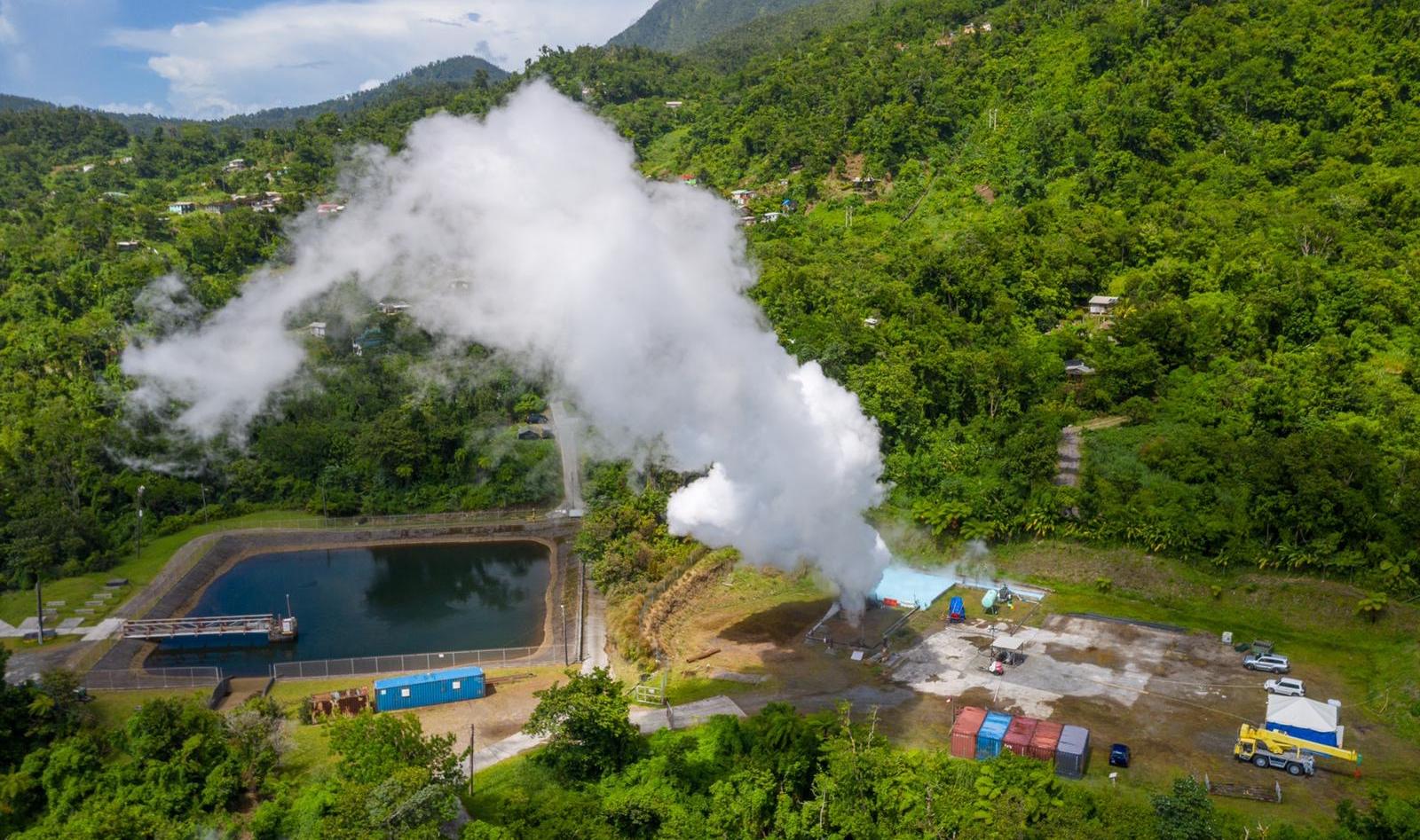New Zealand and the OECS to collaborate on direct uses of geothermal energy
OECS Media Release
The Government of New Zealand and the Organisation of Eastern Caribbean States (OECS) Commission recently strengthened their collaboration on environmental sustainability to include the area of geothermal energy development. New Zealand and the OECS Commission will partner to deliver a study on possible opportunities for the direct use of geothermal energy outside of electricity generation across OECS countries.
Worldwide, the successful use of geothermal energy for thermal purposes can be found in the industrial, agricultural, aquacultural and tourism sectors. This collaboration will seek to provide a resource for OECS policy-makers on opportunities for development and to conceptualise pilot projects, identifying the resources required to advance them.
“New Zealand is pleased to be once again working with the OECS Commission. Since 2014, New Zealand has been working with Caribbean Governments to advance renewable energy projects. Geothermal is a particular area of expertise for us given our long history with this source of energy. We have used the energy harnessed for agricultural crop drying, industrial processing, and even for balneology uses such as bathing and swimming in our hot springs,” New Zealand High Commissioner His Excellency Anton Ojala said.
“Geothermal energy has real potential to lower energy costs in OECS countries and reduce the reliance on imported fossil fuels, but also to directly provide innovative, environmentally friendly solutions and products while also cutting greenhouse gas emissions. I look forward to strong practical outcomes from this joint activity,” Mr. Ojala added.
Dr. Didacus Jules, Director General of the OECS, welcomed this most recent partnership with the Government of New Zealand which focuses on the direct use of geothermal energy.
“Geothermal energy continues to be a priority for the region in advancing sustainable energy for economic development and resilience. This intervention on the direct use of geothermal energy explores how the energy sector can boost other key areas of production for the region, such as tourism and agriculture. This work is closely aligned with the energy strategy of the OECS Commission which seeks to foster innovative synergies and partnerships for sustainable energy,” Dr. Jules said.
He further noted, “The Commission takes this opportunity to thank the Government of New Zealand for its continued support towards the sustainable development of the OECS region.”
The OECS Commission recently collaborated with New Zealand on a number of successful community-based interventions addressing climate and disaster resilience.
In addition to the Eastern Caribbean, the New Zealand High Commission Bridgetown serves Barbados, the Bahamas, Belize, Haiti, Jamaica, Guyana, Suriname and Trinidad and Tobago.




